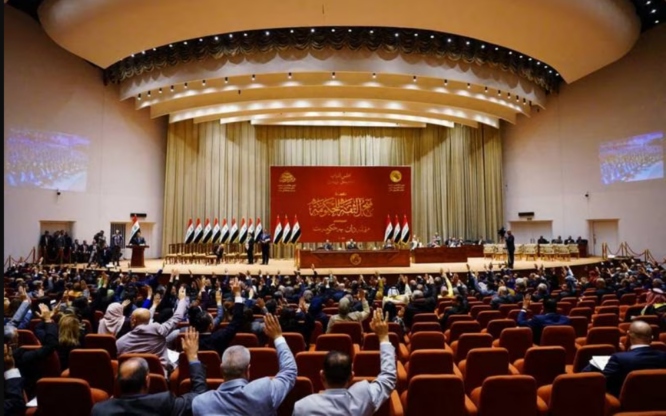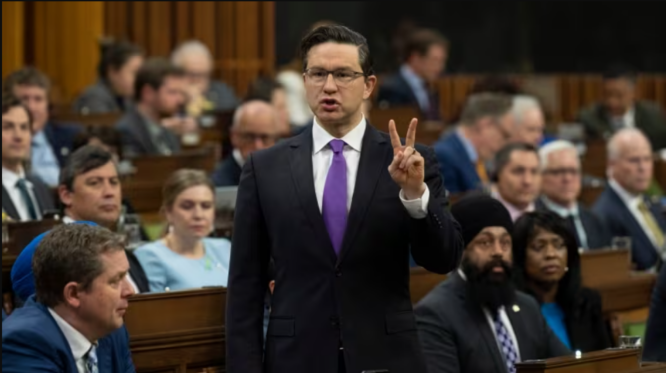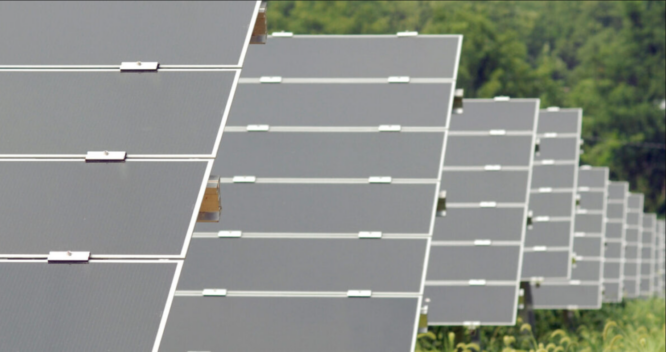Friday night, the Iraqi parliament resumed voting on the national budget, despite growing divisions among political blocs regarding the semi-autonomous Kurdistan region’s share.
Friday, the Iraq News Agency reported that the parliament voted on an amendment to article two, which details government revenues and expenditures, as well as numerous others.
The parliament will reconvene on Saturday at 5 p.m. to deliberate on a number of contentious articles, including article 14, which addresses the administration of Kurdish hydrocarbon revenues.
The oil producer has a history of budget delays, which the government’s three-year proposal sought to prevent.
The session was originally scheduled for Thursday afternoon but was postponed until late Thursday evening, when seven of 67 articles were put to a vote.

The meeting was then rescheduled for Friday afternoon.
Vian Sabri, a Kurdish member of parliament, stated, “Discussions are ongoing behind closed doors to resolve the budget’s disagreements, particularly over the Kurdish share.”
“The session scheduled for this afternoon has been postponed until later tonight,” she said.
Last week, disagreements over the budget’s specifics worsened after the parliamentary finance committee made a number of last-minute amendments that prompted strong objections from Iraqi Kurdish leaders, specifically those in the Kurdistan Democratic Party.
Since March, when the proposed budget law was approved, there have been intense negotiations between the various political blocs.
This year’s proposed budget of $153 billion is the largest in Iraq’s history.

Of this amount, 12.6% is allocated to the Kurdistan region.
Prime Minister Mohammed Shiekh Al Sudani stated that the same budget allocation will be repeated in 2024 and 2025.
Oil is a source of contention between the autonomous regional government of Kurdistan and the federal government in Baghdad. Kurdish leaders view the budget amendments as contradicting the crude export agreement reached in April.
Without the sanction of the Iraqi central government, the KRG exported 475,000 barrels of crude per day to Turkey for years, generating billions of dollars.
The northern region, which has enjoyed extensive autonomy from Baghdad since the 1990s, has in the past disregarded decisions by the federal supreme court, including a February 2022 ruling that declared its oil and gas law unconstitutional.
The budget approval was anticipated to occur late last month.




